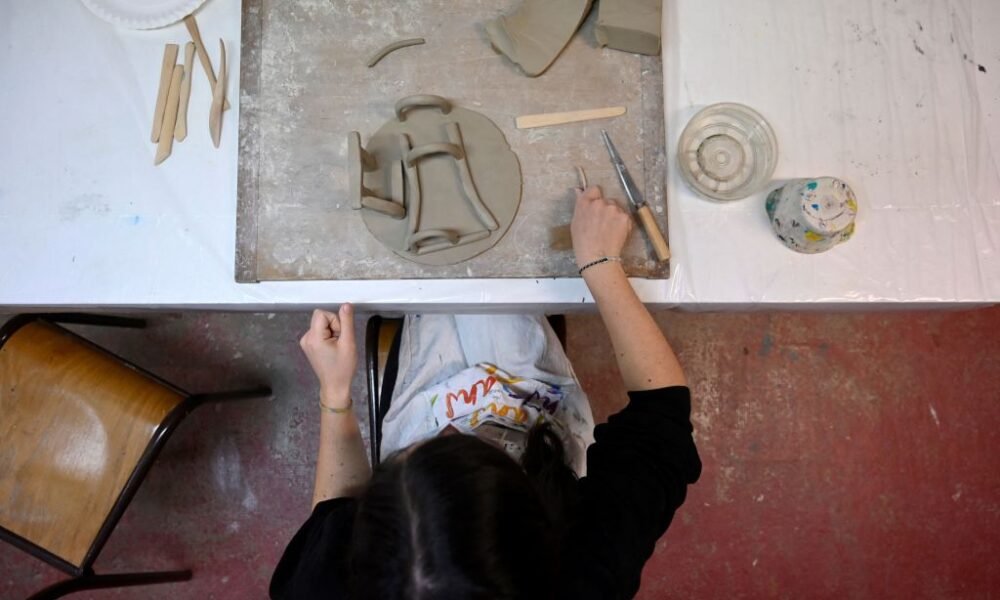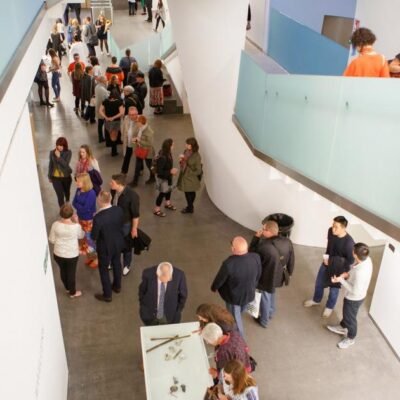
Art History Majors Face Highest Unemployment, Study Finds
Art history, visual and performing Arts, and graphic design majors nationwide have the bleakest employment prospects across all college majors in the United States, according to data analyzed by the Federal Reserve Bank of New York (NYFED) for the first quarter of 2024. The NYFED also revealed that more than half of art history and arts majors are “underemployed,” meaning that they are working in fields that don’t require a college degree.
The data is detailed in an online interactive chart that compares unemployment and underemployment rates, as well as the early- to late-career median wages across popular college majors. Also added for comparison is commiserate data of people without college degrees. As of February 2024, art history majors faced an 8 percent unemployment rate and a 62.3 percent underemployment rate, despite having the highest level of education among the creative majors featured in the report, with 43.8 percent also earning graduate degrees.
Fine arts majors finish in close second place with a 7.9 percent unemployment rate, but enjoy marginally brighter field placement with a 55.5 percent underemployment rate.
On the other hand, performing arts majors come through at a 5.5 percent unemployment rate, but lead in underemployment out of the included creative studies fields, at 65.3 percent. Graphic designers, while primarily only holding bachelor’s degrees, according to NYFED, had the lowest underemployment rate in the creative sector at 33.7 percent.
Industrial engineering, construction services, and medical technician majors, and various engineering tracks, meanwhile, enjoy the highest job placements, and minimum six-figure median salaries by mid-career (ages 35 to 45, per the NYFED).
Data-wise, it’s been a dispiriting few months for aspiring creatives: The NYFED report follows a survey published in May by Creatives Rebuild New York (CRNY) that found the majority of artists in New York state experience financial insecurity, despite the arts and culture sectors accounting for 7.4 percent of New York’s economy. CRNY launched its program in 2021 to provide a monthly guaranteed income and jobs for New York state artists, more than half (57.3 percent) of whom participated in its study self-reported earning less than $25,000 the previous year. (Nearly 86 percent earned under $50,000.) Additionally, 45.5 percent of respondents said they relied on gig work and temporary employment.
“Fundamentally, our economy doesn’t view artists as workers,” CRNY executive director Sarah Calderón told Hyperallergic upon the publication of the study. “For this reason among others, there is no wage protection, paid—or even affordable—healthcare options, or any other elements of the social safety net that are afforded to other classes of workers.
“We need to establish that art is labor, and we need artist-centric solutions to improve the lives and livelihoods of artists,” Calderón added.








No Comment! Be the first one.